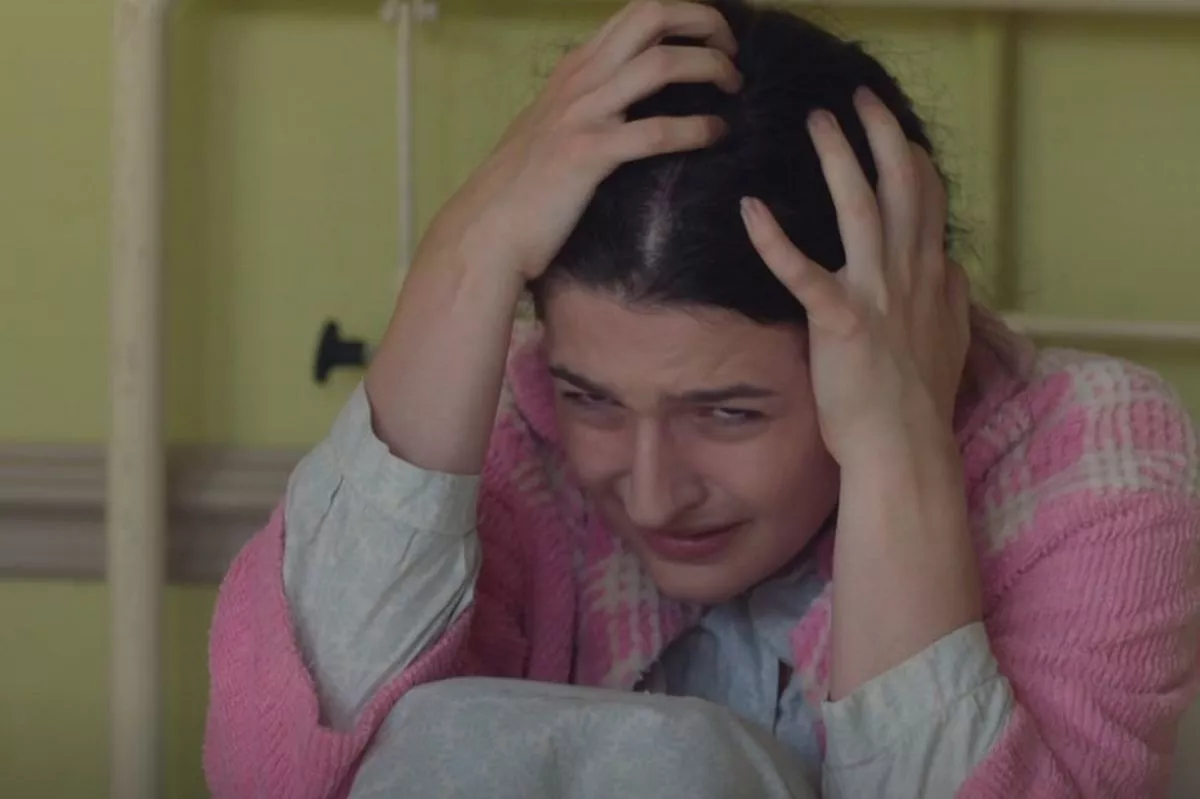Call The Midwife viewers were left horrified by a disturbing storyline that aired in tonight’s episode.
Call The Midwife fans have been left with their “blood boiling” over a “harrowing” storyline.
The beloved BBC period drama returned tonight (Sunday 25 January) and followed a difficult case as one woman was saved from abuse.
Starring Bogi Bondor as Agata Balassa, the patient was a victim being held by a cruel couple who were trying to force her into having a baby that they could keep.
Rosalind (played by Natalie Quarry) noticed burns on her arm before Nurse Trixie (Helen George) rushed to her rescue, after discovering she was pregnant.
The domestic case escalated when the residents of Nonnatus House discovered that Agota had been imprisoned, tortured, starved and raped.
Viewers were left horrified, with one writing: “This is harrowing.”
Another said: “Sexual violence and modern day slavery how much more in our society now, compared to then. Yet it has always been here. The worst kind of abhorrent crime.”
“Oh this episode is making my blood boil. That couple are evil,” someone else wrote.
Another added: “Absolutely disgusting vile couple. Need locking up.”
Someone else wrote: “Agatha is so brave, the first step is one of the hardest, and to take it, takes real courage.”
Yet another fan said: “Call the Midwife never, ever shy away from telling difficult stories and complicated health conditions in the most sensitive way. It is so good that watching should be part of the curriculum.”
Someone else wrote: “This is very handmaid’s tale but the scary thing is that it happens, even now.”
“Oh this is horrifying already,” another echoed.
Other viewers were left in tears, with one writing: “Just a wonderful show, I bubble every week.”
Another added: “The best programme ever ever ever, what an episode.”
Actress Bogi previously took to social media to express how honoured she was to portray such a hard-hitting storyline.
She wrote: “So so grateful for the trust that was put in me to bring this vulnerable young woman to life. Echoing voices like hers is what I live for.
“@delytht your guidance, patience and joy made it so much easier to tackle the heaviness of our story.
“A huge-huge thank you to all cast and crew @callthemidwife.official (I really wish I could tag u one by one) – being on set with you was truly one of the best experiences of my life.
“No words to express my gratitude to @jks.management for seeing something in me, taking me on, and always being there with whatever silly question I come up with:)
“And thank you to all my family and friends who will be there in front of the TV watching me do my thing. For your encouraging words, for telling me you’re proud of me, for being excited and telling your people – you know who you are!!!
“I can’t even explain what this opportunity meant for me. My heart is in a little knot but also wanting to burst.”
Ahead of the new series, showrunner Heidi Thomas had shared: “This year, our team are involved with many tough and painful cases, including slavery, poverty, rabies, carbon monoxide poisoning, male breast cancer, child cruelty and lupus.
“But in Poplar, no-one is ever lost, or abandoned, or even allowed to be alone for very long. Love isn’t just the best medicine, it is medicine. And that’s the philosophy that’s kept us going all these years.
“Those legendary red cardigans enfold everyone. They wrap us up in something safe and warm, in a world where the winds can blow very cold indeed – whether it’s 1971, or 2025.”
Call The Midwife airs Sundays at 8pm on BBC One and iPlayer.
